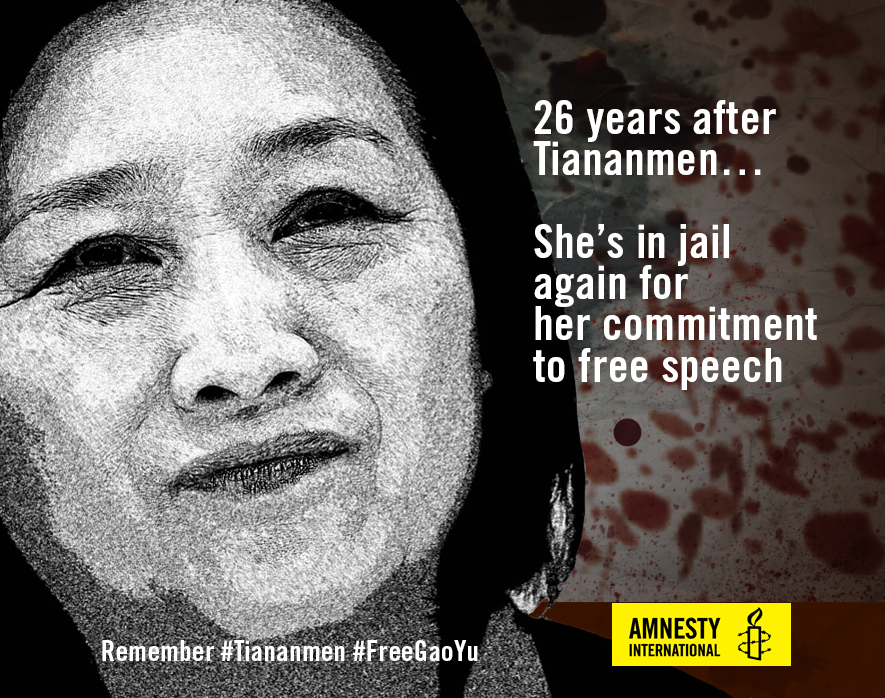
On June 5, 2013, The Guardian and The Washington Post published the first revelations from Edward Snowden about mass government surveillance. (c) Private
On 5 June 2013, whistleblower Edward Snowden revealed the first shocking evidence of global mass surveillance programs.
We’ve since learned that the USA’s National Security Agency (NSA) and the UK’s Government Communications Headquarters (GCHQ) have been monitoring the internet and phone activity of hundreds of millions of people across the world.
Two years on, we take a look at seven ways the landscape has changed thanks to the documents Snowden released:



 Over the last year, activists like you have taken
Over the last year, activists like you have taken